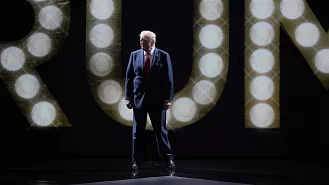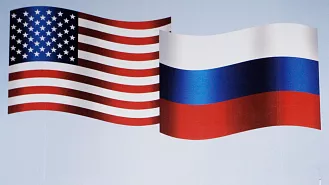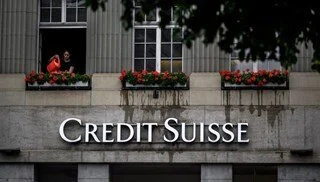Recent reports have emerged alleging that Iran planned to assassinate former U.S. President Donald Trump. These claims, if substantiated, could have profound implications for international relations and global security.
Details of the Allegation
According to sources cited by Reuters, intelligence officials have raised concerns about a potential plot orchestrated by Iranian operatives targeting Donald Trump. The allegations suggest that the plan was developed in response to Trump’s policies and actions during his presidency, which were perceived as hostile by certain factions within Iran.
Official Responses
The Iranian government has categorically denied these accusations. In a statement released through its official channels, Iran’s Foreign Ministry condemned the reports as “baseless and unfounded,” asserting that they are part of a “campaign to malign Iran’s reputation and destabilize the region.” The ministry emphasized Iran’s commitment to peaceful relations and denounced any form of political assassination.
On the other hand, the United States government has yet to provide a detailed response to these specific allegations. However, U.S. officials have reiterated their stance on national security, emphasizing that any credible threats are taken seriously and addressed through appropriate legal and diplomatic channels.
Expert Opinions
Political analysts and security experts have weighed in on the situation. Dr. Emily Johnson, a Middle East policy expert at Georgetown University, stated, “While the allegations are serious, it’s crucial to approach them with caution until there is concrete evidence. Geopolitical tensions between the U.S. and Iran have been high, but attributing such a significant act without verification can escalate tensions further.”
Similarly, John Smith, a former intelligence officer, commented, “If these allegations are true, it represents a severe escalation in covert operations between the two nations. However, the lack of public evidence means we should await official investigations before drawing conclusions.”
Impact on U.S.-Iran Relations
The emergence of these allegations adds another layer of complexity to the already strained relations between the United States and Iran. Diplomatic efforts aimed at easing tensions and fostering dialogue may face setbacks as trust erodes further. This situation underscores the fragile nature of international diplomacy, where unverified claims can have significant repercussions.
Calls for Verification
Given the gravity of the accusations, there is a strong call for thorough and transparent investigations by independent bodies. Experts emphasize the importance of verifying the authenticity of the reports to prevent misinformation and potential escalation of conflicts. Reliable intelligence sources and international oversight are deemed essential in uncovering the truth behind these claims.
Conclusion
As of now, the allegations that Iran planned to assassinate Donald Trump remain unverified and are strongly denied by the Iranian government. The international community watches closely, awaiting further details and official statements to understand the full context and implications of these claims. In the meantime, maintaining diplomatic channels and pursuing factual verification are critical to preventing unnecessary tensions and ensuring global security.




